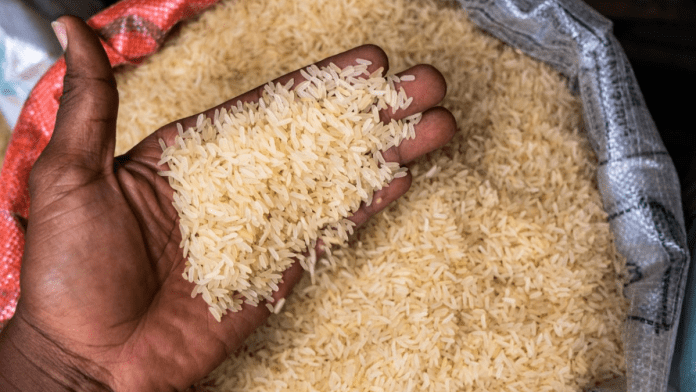News in brief: The Chinese government sponsored agricultural training for Nigerian officials to enhancing knowledge exchange between the two countries. The aim is to improve agricultural productivity and practices in Nigeria through these training programs and high-yield rice varieties.
In a significant boost to agricultural exchange and cooperation between China and Nigeria, the Chinese government has sponsored agricultural technical training programs for over 400 Nigerian government officials, a local news report finds.
The initiative, undertaken by Green Agriculture West Africa Limited, aims to enhance agricultural productivity and knowledge transfer between the two nations.
According to a report from the Chinese embassy, they have been conducting training programs have been conducted since 2016 and have covered a wide range of agricultural topics, including rice and maize seed production techniques, sustainable farming practices, and post-harvest management strategies.
The participants, representing various government departments across Nigeria, are expected to apply the knowledge they acquire to improve agricultural practices in their respective regions.
Green Agriculture West Africa Limited, a Chinese agricultural investment company, has managed to establish a strong presence in Nigeria, producing and supplying rice seeds and developing a diversified seed business aligned with local planting structures. The company boasts an annual seed production capacity of over 10,000 metric tons.
However, the company’s commitment to agricultural development in Nigeria extends beyond seed production. It encompasses knowledge sharing and capacity building initiatives like the sponsored training programs.
The firm further disclosed that its high-yield rice variety â GAWAL R1 in Nigeria, has an average yield of over 30% compared to other local rice varieties.
This training programs underscore the growing partnership between China and Nigeria in the agricultural sector. Exchanging expertise and technology between the two countries holds immense potential for enhancing agricultural productivity, food security, and rural livelihoods in Nigeria.



